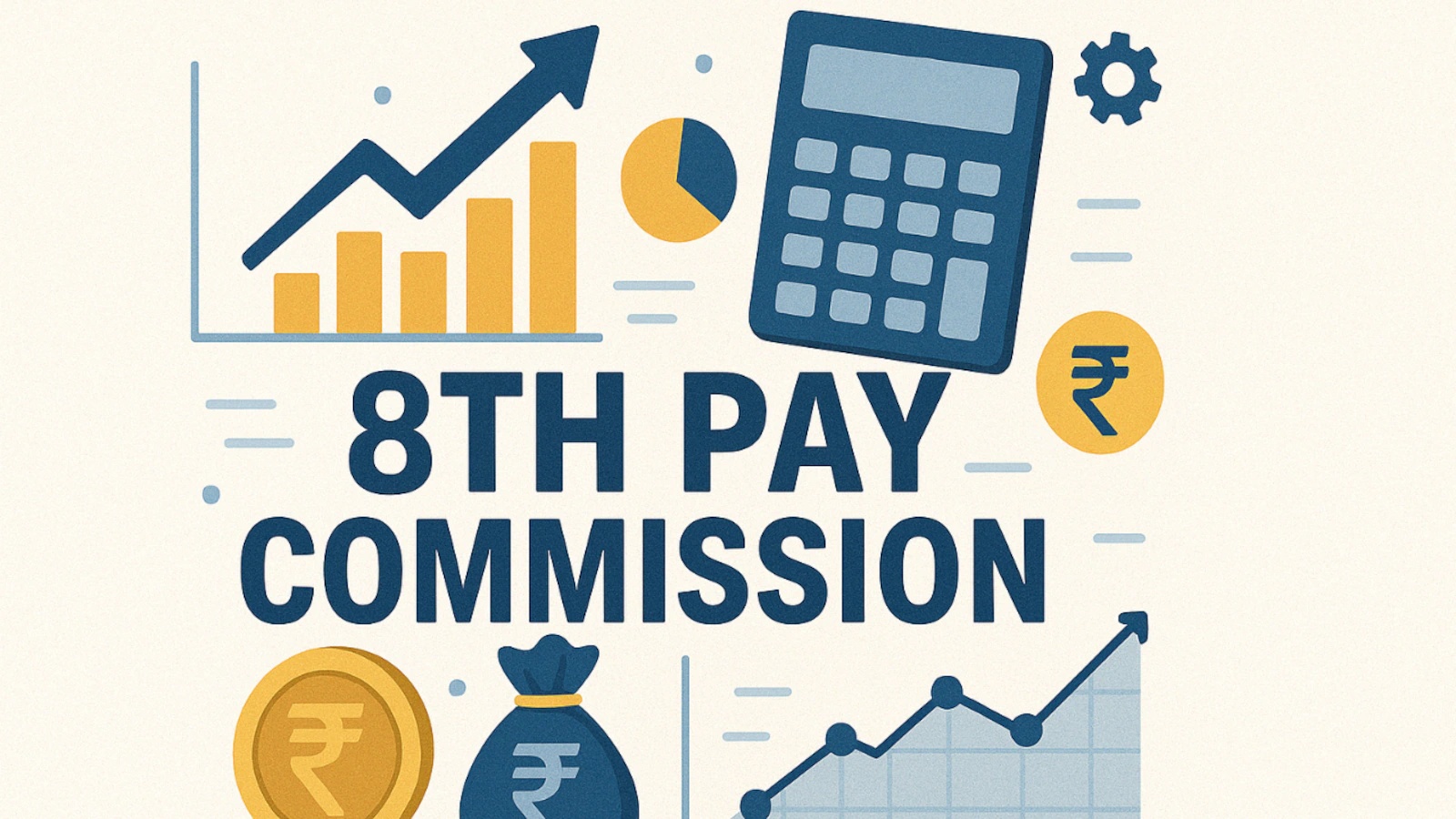
Delay in Gazette Notification Sparks Widespread Concern
The Central Government’s ongoing delay in issuing the gazette notification for the 8th Pay Commission has triggered significant concerns among central government employees and officials. Six months after the initial announcement, no formal progress has been made toward establishing the new commission, which was intended to replace the existing 7th Pay Commission. The prolonged inaction has now outpaced the timeline of its predecessor, which concluded its mandate in 2025. Despite assurances from Union Minister Ashwini Vaishnaw in January 2025 regarding the imminent announcement of the commission’s chairman and members, no official communication has been released by July 2025. This lack of transparency has raised questions about the government’s commitment to timely reforms, particularly for a system that directly impacts the financial stability of millions of public sector workers.
Comparative Timeline Highlights Growing Urgency
The delay in the 8th Pay Commission’s formalization has surpassed the timeline of the 7th Pay Commission, which was notified in 2013 but took over 156 days to finalize its Terms of Reference. In contrast, the current delay has exceeded 160 days since the January 2025 announcement, with no official updates on the Terms of Reference. This extended gap has created uncertainty for both employees and administrators, who rely on structured timelines for budget planning and salary adjustments. The absence of a clear roadmap has led to speculation about potential administrative bottlenecks, with some experts suggesting that the delay could be attributed to internal bureaucratic challenges rather than policy disagreements.
NC JCM Letter Demands Immediate Action
Senior officials have increasingly voiced their concerns about the stalled process, with the National Council of Joint Action Committees (NC JCM) taking a formal stance. NC JCM Secretary Shiv Gopal Mishra recently wrote to the Cabinet Secretary, highlighting the lack of timely communication and the resulting confusion among stakeholders. The letter emphasized that the administration must adhere to the January 2026 deadline for the 8th Pay Commission’s establishment, which was originally projected to be finalized by February 2025. The formal communication also noted that all discussions with the Staff Side of NC JCM had been concluded, yet the absence of a clear timeline continues to undermine confidence in the government’s ability to manage this critical reform process.
Impact on Public Sector Workforce and Governance
The prolonged delay has significant implications for the public sector workforce, which depends on timely salary adjustments and policy clarity. Central government employees, in particular, have expressed frustration over the lack of progress, as the 8th Pay Commission’s recommendations could affect their financial security and retirement benefits. The absence of a structured timeline has also raised concerns about governance efficiency, with critics arguing that the delay reflects broader systemic issues in bureaucratic decision-making. While the government has maintained that discussions are ongoing, the lack of concrete action has led to calls for greater accountability and transparency in the reform process. As the January 2026 deadline approaches, the need for a resolution becomes increasingly urgent for both employees and policymakers.
Broader Implications for Administrative Reforms
The delay in the 8th Pay Commission’s establishment has sparked broader discussions about the efficiency of administrative reforms in the central government. Critics argue that the extended timeline highlights a need for streamlined processes to ensure timely implementation of critical policies. The situation has also prompted calls for greater engagement with stakeholders, including employee representatives, to prevent similar delays in future reforms. While the government has not yet provided a detailed explanation for the prolonged delay, the lack of clarity has raised questions about the prioritization of this reform within the broader policy agenda. As the deadline approaches, the focus remains on resolving the impasse to ensure that the 8th Pay Commission can fulfill its intended role in modernizing the compensation structure for central government employees.




